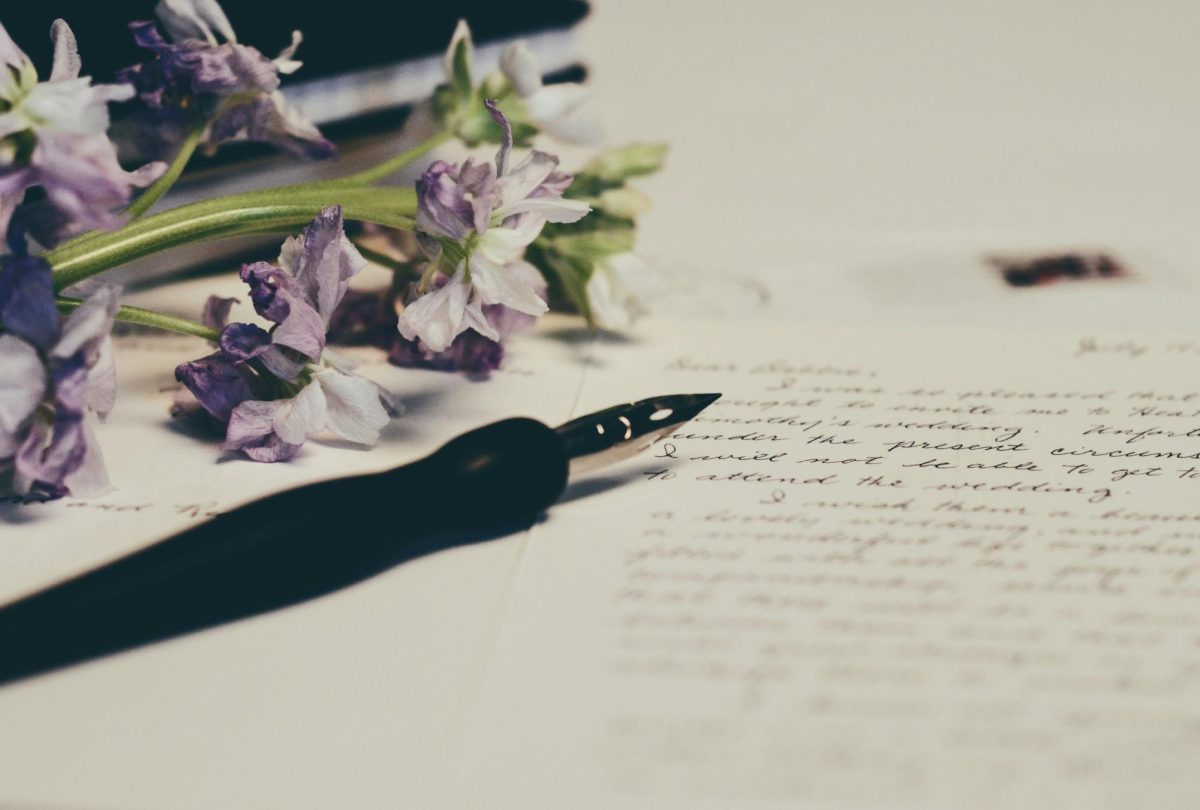To be or not to be — that is the question while addressing the status of Shakespearean literature in classrooms today. Do the works still hold the same value they did years ago? Or does the modern era offer an alternative perspective with more merit?
“Literature is an insight to the human experience.” This popular saying holds true not only about the books on a school library shelf, but also from the graffiti on subway walls to the murals on government buildings. Literature serves as a looking glass into different time periods, eras of life and the evolution of humanity as a whole. Classic literature fulfills that exact purpose, by exposing audiences to timeless themes and messages, whether one dives into love, loss, betrayal or redemption. It guides people through different time periods, revolutionary eras, cultures and beliefs.
“I suppose I read the classics — as well as contemporary literature — because doing so engages my mind and spirit,” Special Program Instructor at Harvard Extension School Maura Henry, PhD said in an article by the Harvard Gazette.
But why Shakespeare? Educators grappling with this question are teaching, critiquing, questioning and abandoning Shakespeare’s work, and offering alternatives for updating and enhancing curricula. Is Shakespeare more valuable or relevant than the myriad of other authors who have masterfully written about anguish, love, history, comedy and humanity in the past 400 years?
Said Ben Jonson, Shakespeare’s contemporary and fellow playwright, on his work, “He was not of an age but for all time!” in his poem “To the Memory of My Beloved, the Author Mr. William Shakespeare.”
That being said, Shakespeare’s works are full of problematic, outdated ideas, with plenty of misogyny, racism, homophobia, classism, anti-Semitism and misogynoir. Thus, people have started to question Shakespeare’s prominence in classrooms. In 2016, students at Yale University petitioned the school to “decolonize” its reading lists, including removing its Shakespeare requirement. Teachers are realizing that much of the curriculum in our classrooms privileges white, male, European voices, and are beginning to question Shakespeare’s relevance for students.
Said eighth-grade English teacher Christina Torres in an article by EducationWeek, “As I’ve grown as an educator, I’ve begun to question the merit and relevance of the canon, the historically white-and-male-authored list of “classic literature” works that includes Shakespeare, in my classroom. My kids deserve to study stories that represent and validate their experiences and cultures, something I know is important for their development.”
Shakespearean literature offers a lens into another time period, with meaningful timeless messages incorporated into the writing. On the flip side, the outdated phrasing and the unethicality of the writing being brought to the modern era still offer little value compared to similar current-day writing, apart from the label of being a “classic.” The question of whether Shakespearean literature should remain on classroom shelves is ultimately one for teachers — to be or not to be.










